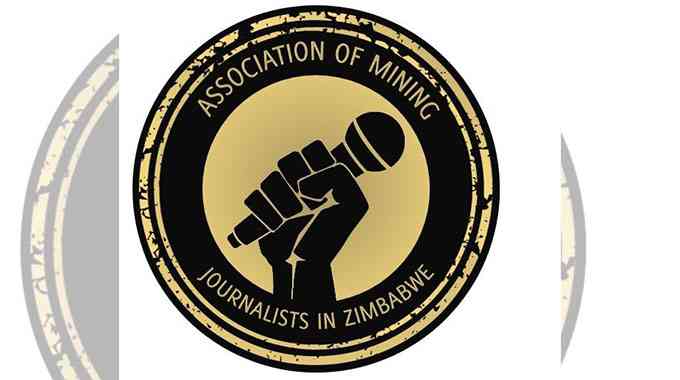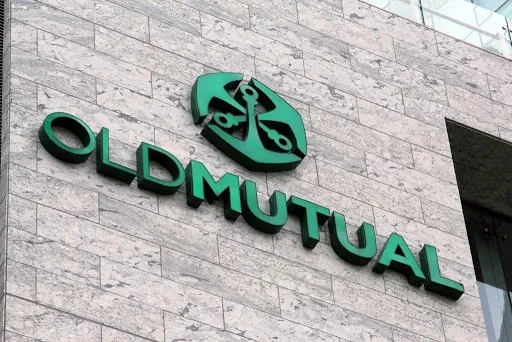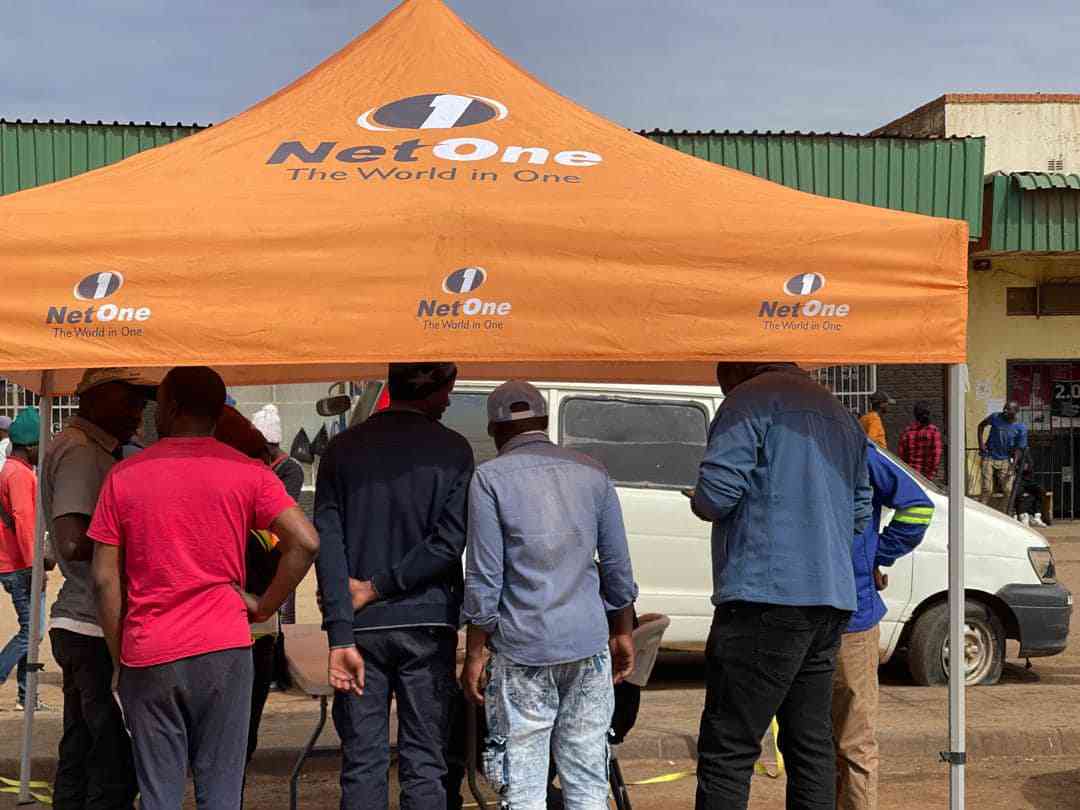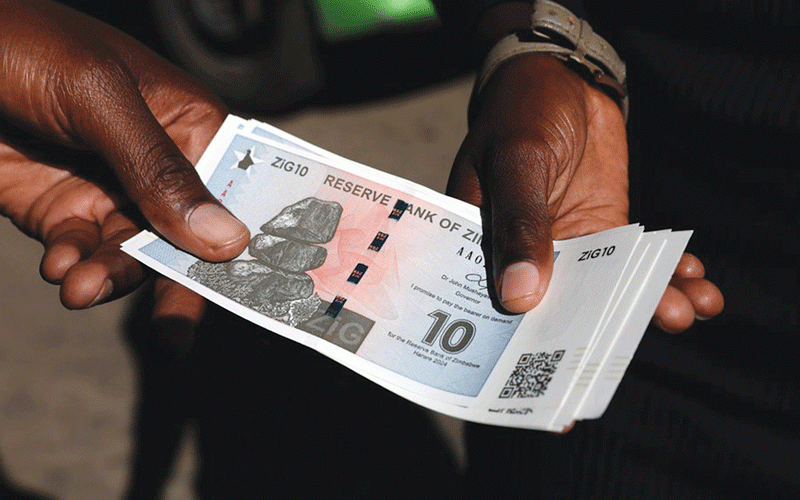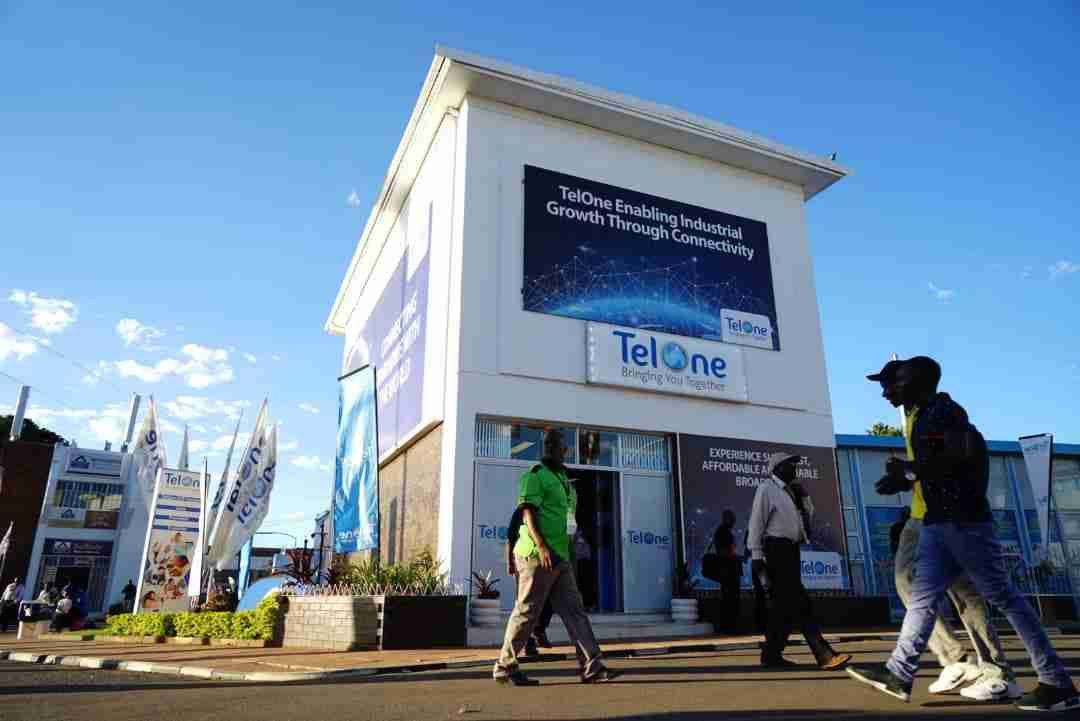
TELONE Zimbabwe has partnered British-based global low-earth orbit satellite communications network firm, Eutelsat OneWeb, for internet service, as it buttresses its base ahead of the debut of Starlink on the local scene.
Eutelsat OneWeb is a subsidiary of the French-based satellite operator, the Eutelsat Group.
The partnership comes as Starlink announced last month that it would begin operating locally in the third quarter of 2024.
The arrival of Starlink has spooked leading local internet service providers, resulting in a cut in service charges.
In African countries where Starlink is operational, the price of monthly internet service ranges from US$30 to US$100 for data speeds of 100 to 200 megabytes per second, way faster than what local players offer.
“Technology is here to stay and with the coming in of low-earth orbit (OBT) in the country [Starlink], affordability of the internet is what we will want to look at,” TelOne chief executive officer Lawrence Nkala told journalists, following the firm’s annual general meeting last Friday.
“We will partner with low-earth orbit satellite providers and TelOne this week [last week] concluded a partnership with a low-earth OBT satellite provider. We will see to it that the launch of our services will be in Q3/Q4 2024. We have partnered with Eutelsat OneWeb and the deal is basically that we will be reselling their services and we will be doing the deliveries.”
He said the deal was a resale agreement where TelOne would offer its satellite services in Zimbabwe.
- Mavhunga puts DeMbare into Chibuku quarterfinals
- Bulls to charge into Zimbabwe gold stocks
- Ndiraya concerned as goals dry up
- Letters: How solar power is transforming African farms
Keep Reading
“No commercial terms have been concluded yet. We have just concluded that TelOne will be their partners in distributing their services,” Nkala said.
For years, Zimbabwe has been ranked as having some of the most expensive internet and data charges on the continent and globally, beyond the reach of consumers.
“We will introduce flexible pricing models to remain competitive. If we need to give discounts on certain products, we will do so, so that we remain in the game,” Nkala said.
“At the end of the day, we cannot offer prices that are below our costs, so where we do have flesh to cut in terms of pricing, then so be it. Our goal is to attract and retain customers with competitive pricing.”
He noted that fibre remained the backbone of internet services and broadband connectivity, despite the increase in satellite service providers.
“Fibre speeds remain superior to wireless technologies like satellites. While the satellite provides backhaul for base stations, it cannot match the fibre’s capacity. Fibre is expensive but remains the backbone of internet and broadband connectivity,” Nkala added.
“We will do everything possible to upgrade and improve our network infrastructure and services to give our consumers world-class connectivity at competitive prices. We will ensure a quality experience and responsiveness to client queries.”
As of the end of the first quarter, mobile internet or data traffic had grown by 24,9% to 58,44 petabytes from 46,79 petabytes, according to the Postal and Telecommunications Regulatory Authority of Zimbabwe.
The regulator noted in its first quarter report that ICT applications such as Netflix, YouTube and other social media platforms, among others, drove local data usage.



